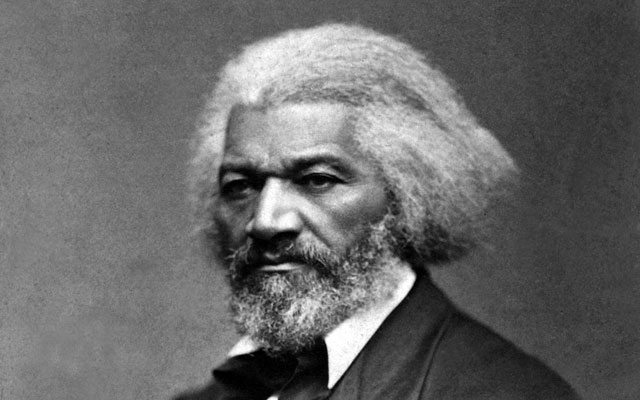Frederick Douglass: From Slavery to Freedom to Statuesque
Rich Tucker /
The only thing that’s really surprising is that it took so long.
Lawmakers recently unveiled a statue of Frederick Douglass in the Emancipation Hall of the U.S. Capitol Visitor Center. Nothing could be more fitting because his life exemplifies the promise and opportunity available to all Americans.
After being born into slavery, Douglass taught himself to read and grew up to become a staunch advocate for freedom, hard work, and self-reliance.
“Douglass’s great cause was integration, and his great theme was hopefulness—rationally grounded hopefulness—in America’s capacity to secure justice for all, irrespective of race, color, sex, or creed,” writes Peter Myers. “Once again, that hopefulness was grounded primarily in his appreciation of the unique virtue of America’s beginning; ‘first things are always interesting,’ he liked to say.”
It’s especially important that, at a difficult time in history, he rooted his arguments in America’s founding documents.
Speaking about the Declaration of Independence, he told a crowd in 1852: “Your fathers, the fathers of this republic, did, most deliberately…and with a sublime faith in the great principles of justice and freedom, lay deep the corner-stone of the national superstructure, which has risen and still rises in grandeur around you.”
The Founders built on their foundation. “Interpreted as it ought to be interpreted, the Constitution is a glorious liberty document,” Douglass declared. “I defy the presentation of a single pro-slavery clause in it. On the other hand it will be found to contain principles and purposes, entirely hostile to the existence of slavery.”
History has proven Douglass correct. When the 13th Amendment abolished slavery, not a word of the original Constitution needed to be changed.
While looking back to the Founding, Douglass also looked forward, with a warning against the modern welfare state. David Azerrad and Rea Hederman call Douglass “the great apostle of upward mobility.” It’s clear that the former slave opposed handouts.
“WORK! WORK!! WORK!!! WORK!!!!” Douglass advised those who wished to advance. “Not transient and fitful effort, but patient, enduring, honest, unremitting and indefatigable work into which the whole heart is put, and which, in both temporal and spiritual affairs, is the true miracle worker.”
His words and his life are an example and an inspiration for all Americans.

